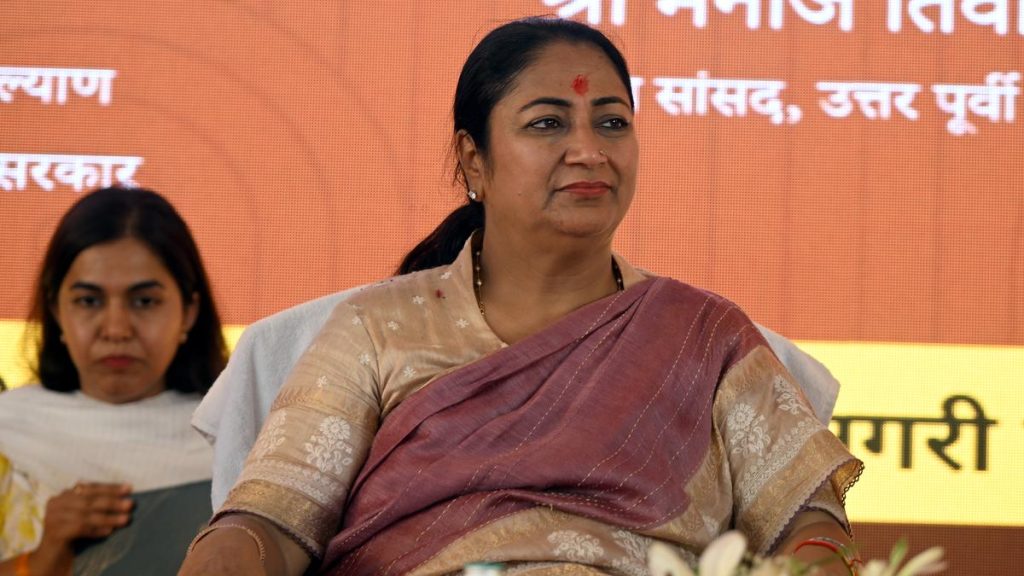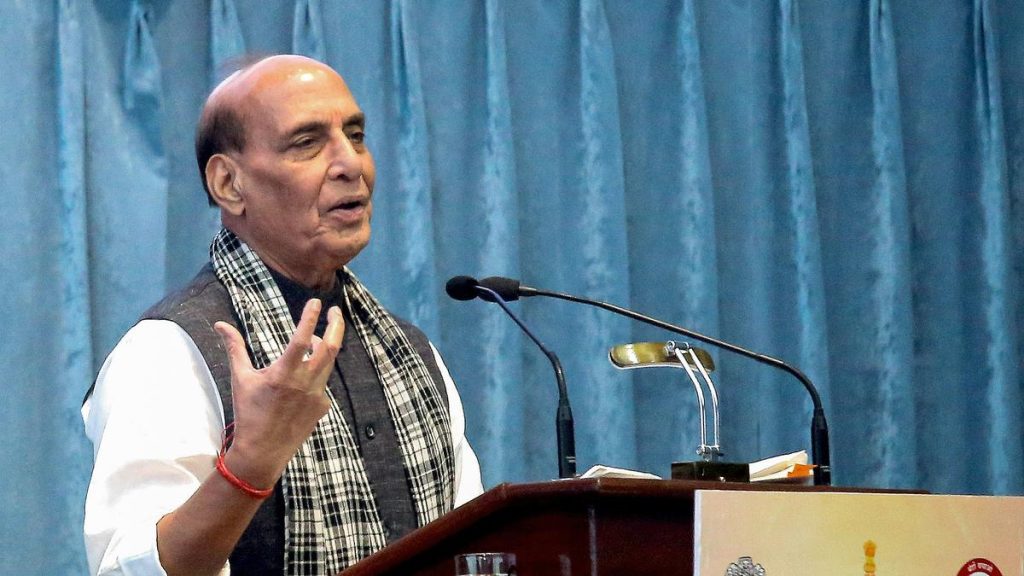Now Reading: 5 Requests You Should Avoid Making to ChatGPT
-
01
5 Requests You Should Avoid Making to ChatGPT
5 Requests You Should Avoid Making to ChatGPT

Quick Summary:
- ChatGPT’s Limitations: Although ChatGPT excels at tasks like question answering, translation, and code generation, it can “hallucinate” and share false information.
- Medical Advice: survey indicates 1 in 10 Australian users consult ChatGPT for health advice; however, its recommendations may be inaccurate and fact-checking is critical.
- Mental Health Support: AI chatbots like ChatGPT cannot provide empathetic support; tragic incidents highlight teh risks of relying on them for emotional care.
- Deepfakes: Creating deepfakes using AI tools could lead to legal penalties. Many jurisdictions are introducing bans or regulations against their use.
- Hateful Content: OpenAI prohibits generating discriminatory or hateful content through strict content moderation policies. Attempting this could result in account bans.
- Personal Data Processing: Information shared with ChatGPT is not fully private. OpenAI uses inputs to train its models unless privacy settings are adjusted.
Indian Opinion Analysis:
The discussed limitations of generative AI tools raise significant ethical and legal implications relevant worldwide, including India.As reliance on AI grows across sectors-medicine, mental health support, communication technologies-it becomes vital to ensure robust usage frameworks that prioritize accuracy, privacy safeguards, user education on risks (e.g., hallucinations), and compliance with laws such as data protection measures under India’s Personal data Protection Bill.India must also prepare regulations addressing emerging issues like deepfake misuse-a growing cybersecurity challenge that could undermine democracy by spreading disinformation-or harmful online speech exacerbated by automated systems.Community guidelines must balance technological innovation while protecting societal interests without stifling creativity in the field of generative AI research.
These insights highlight an urgent need within india’s policymaking landscape to develop accountability mechanisms around generative technologies while aligning with global standards for positive social impact.
























